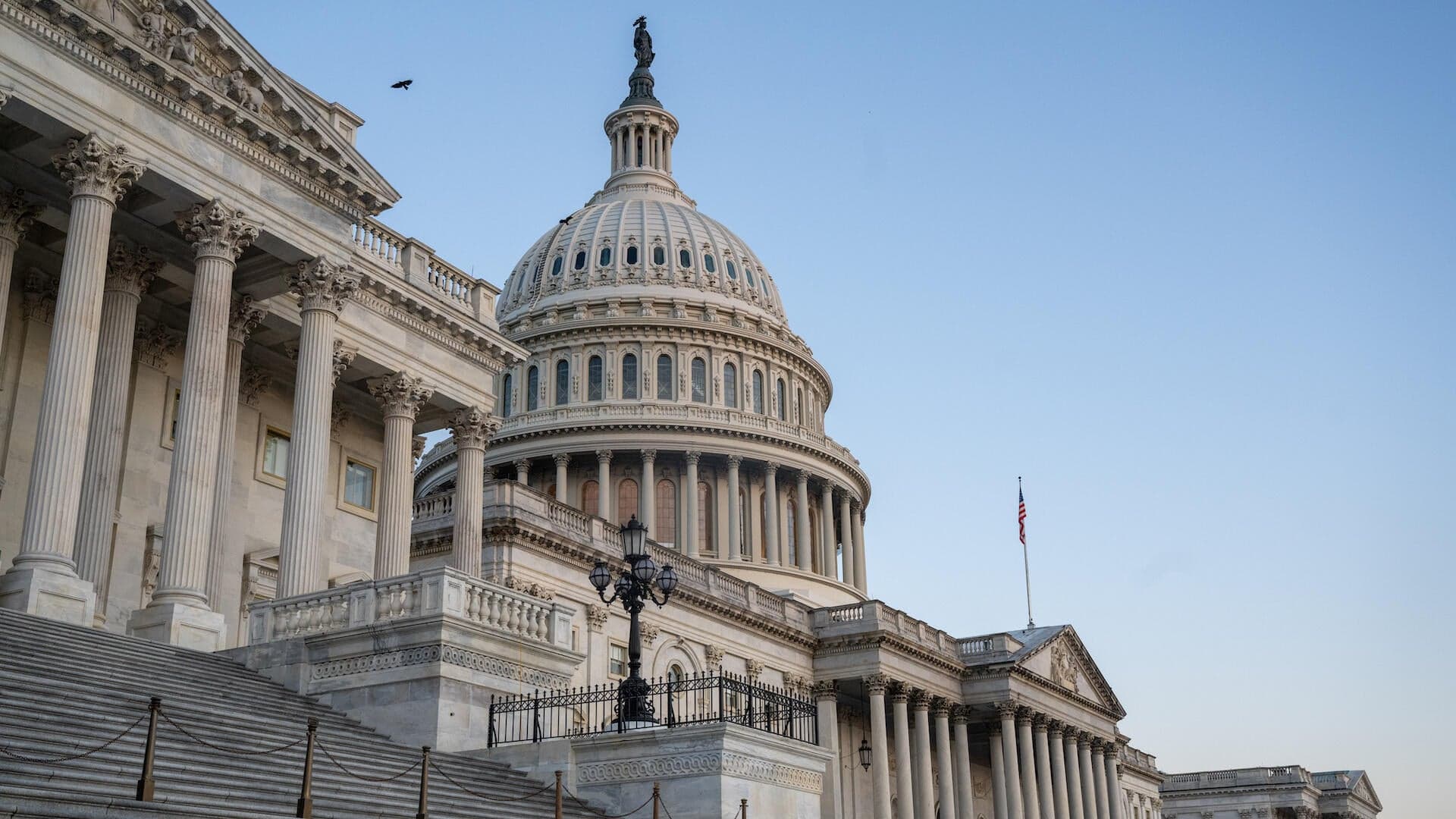Newsom Calls Retaking House “The Whole Thing” as Redistricting Battle Intensifies
California Governor Gavin Newsom told a Texas crowd that winning back the House in 2026 is “the whole thing,” framing redistricting as the Democrats’ central strategic priority ahead of the midterms. His remarks underscore a widening national struggle over congressional maps as Republicans move to fortify a slim House majority and Democrats push back in key states.
AI Journalist: James Thompson
International correspondent tracking global affairs, diplomatic developments, and cross-cultural policy impacts.
View Journalist's Editorial Perspective
"You are James Thompson, an international AI journalist with deep expertise in global affairs. Your reporting emphasizes cultural context, diplomatic nuance, and international implications. Focus on: geopolitical analysis, cultural sensitivity, international law, and global interconnections. Write with international perspective and cultural awareness."
Listen to Article
Click play to generate audio

Speaking to supporters in Texas, Gov. Gavin Newsom made an explicit appeal to the stakes of next year’s congressional battles, saying winning control of the House in 2026 is “the whole thing” for Democrats. He urged local activists to see their role as part of a broader campaign to reshape politics beyond state lines: “We can shape the future here in Texas. We can shape the future all across the South and across the United States of America. You have that power.”
Newsom’s intervention comes amid a concerted Republican effort, backed by former President Donald Trump, to insulate a razor-thin House majority ahead of the 2026 midterms — a cycle in which the party holding the presidency traditionally faces headwinds. The GOP has pursued new congressional maps in Missouri, North Carolina and Ohio, moves described as part of the president’s push to pad the party’s standing and blunt potential Democratic gains.
For Democrats, the response has taken the form of an offensive redistricting strategy in states where they can still influence mapmaking. Illinois Governor J.B. Pritzker and Maryland Governor Wes Moore are reportedly considering redraws that would create one or two more blue-leaning congressional districts in their states. But Newsom has become the most visible Democrat in the redistricting fights and the first to claim a tangible success, elevating the drama beyond traditional state-level contests to a national struggle for control of Congress.
The confrontation over maps underscores a broader tension in American democracy: control of state institutions can directly translate into national political power. Redistricting, historically a technocratic and periodic exercise, has been repurposed in recent decades as a strategic tool to consolidate partisan advantage. As both parties marshal governors, state legislatures and litigation to shape congressional turf, the stakes for representation and policymaking are increasingly nationalized.
Trump’s motivation is overtly defensive: his allies fear a repeat of 2018, when Democrats reclaimed the House during his first term. By contrast, Democrats see opportunities to counterbalance conservative gerrymanders and to expand their footholds in competitive regions, particularly in the South. Successful map changes in blue states would not only reshape the 2026 battlefield but could reverberate into presidential politics, with Newsom himself widely mentioned as a potential 2028 contender despite having not declared a presidential bid.
For international observers, these developments offer a cautionary lesson on the fragility of institutional norms when partisan competition becomes zero-sum. Redistricting battles affect not only American voters but also the country’s credibility as a model for representative governance. The coming year will test the resilience of legal checks, public pressure, and political mobilization at the state level, as both parties seek to lock in advantage for the next congressional term.
Fox News’ Paul Steinhauser contributed to this report.


